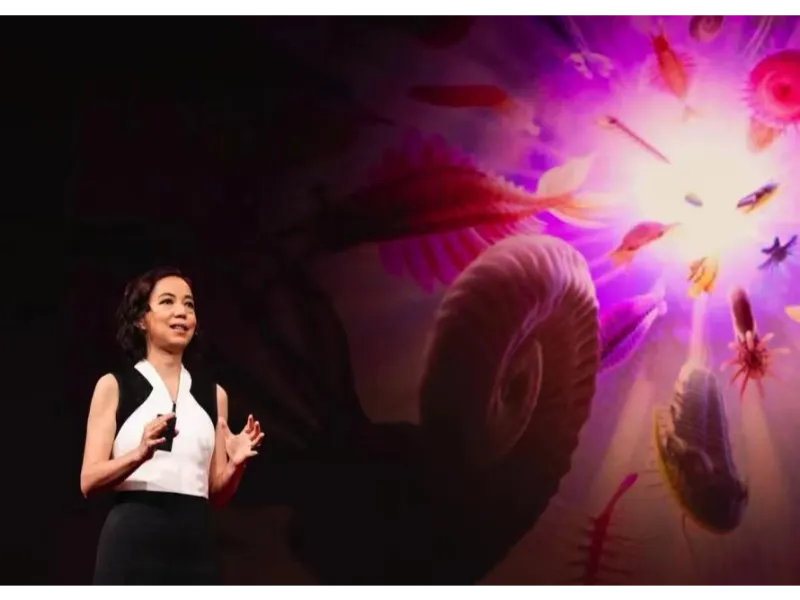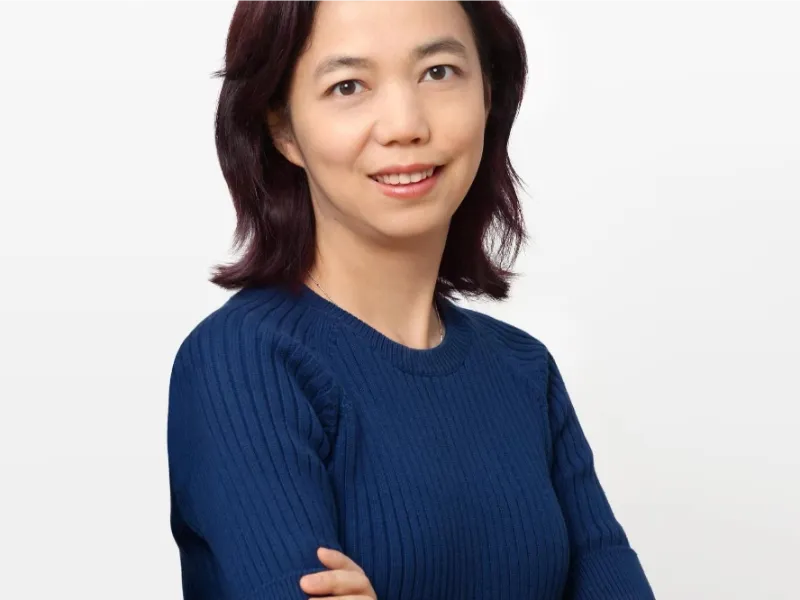- Fei Fei Li is a highly acclaimed professor in the field of AI, initially known for her work on the ImageNet project.
- Fei Fei Li has made significant contributions to the AI industry through her leadership at Google AI China Centre and the development of influential AI products.
- Fei Fei Li’s new venture focuses on “spatial intelligence,” aiming to advance AI’s understanding of how machines interact with the world, potentially leading to new breakthroughs in the field of AI.
Fei-Fei Li, a renowned professor at Stanford University, recently announced the launch of a new AI company, which has garnered a lot of attention in the tech world. This is also the first startup project she has been directly involved in since she left Google and returned to Stanford in 2018. This blog will talk briefly about Fei Fei Li’s explorations and contributions to the AI field, as well as her new entrepreneurial journey.
Work of fame: ImageNet
Fei Fei Li was born in China in 1976 and moved to the United States for further study. She received her Ph.D. in computer science from Stanford University, where she remains on the faculty. As a professor in the Department of Computer Science at Stanford and co-director of Stanford’s Human-Centred Artificial Intelligence (HAI) Institute, Fei-Fei Li’s research and teaching in the field of AI is highly acclaimed.
In 2005, Fei Fei Li had just received her PhD in electrical engineering from Caltech. She launched the ImageNet project with one of her graduate students. This project was the beginning of her academic career and her most significant contribution to the AI industry to date.
ImageNet is a large image database with more than 15 million annotated high-definition images covering 22,000 categories, a huge dataset that provides a rich resource for training deep learning models for artificial intelligence. After that, she and her students initiated the ImageNet Challenge, which has been held every year for 14 years since 2010, and has become the most highly regarded top event in the field of computer vision today.
Also read: Who is Varun Banka? The Atlan co-founder is data obsessed
Footprints in AI industry
During her tenure as chief scientist of Cloud AI at Google, Fei-Fei Li combined her deep academic accumulation with practical applications while driving the establishment of the Google AI China Centre. The establishment of this centre is a recognition of Fei Fei Li’s personal influence and China’s rise in the AI field. Under her leadership, the Google AI China Centre has become a bridge connecting East and West in AI research and cooperation, promoting the exchange and common progress of global AI technology.
Fei Fei Li’s exploration of the industrial world is not limited to this. She has also led the team to launch a series of influential AI products, including AutoML, Contact Centre AI, Dialogflow Enterprise, and more. These products are changing the way businesses operate and people’s daily lives on a global scale. AutoML enables non-professional developers to train customi sed machine learning models, Contact Centre AI improves the efficiency of customer service through natural language processing technology, and Dialogflow Enterprise provides powerful support for building intelligent conversation systems.
Also read: Who is Paul Graham? Co-founder of Y Combinator is an acclaimed author and open source advocate
Startup journey: spatial intelligence
Fei Fei Li’s new company, which focuses on the development of “spatial intelligence,” has completed a seed round of funding from a16z and RadicalVentures. RadicalVentures is an independent fund focusing on artificial intelligence and related innovations, which was registered in Canada and invested by top scientists in the field of AI, such as Jeff Hinton and Fei Fei Li, at the beginning of its establishment.
The new company to focus on “spatial intelligence” is also consistent with the direction of AI applications that Fei Fei Li has frequently mentioned on many occasions recently.
Fei Fei Li said, “Advances in AI’s understanding of spatial intelligence are catalysing robotic learning, bringing us closer to the goal of enabling AI to interact with the world.” In her view, the exploration of spatial intelligence is a critical step in the development of AI.
In her talk at the TED, Fei Fei Li showed a picture of a cat with its paw outstretched pushing a glass to the edge of a table. In a split second, she said, the human brain can assess the geometry of this glass, its position in three-dimensional space, its relationship to the table, the cat, and everything else, and then predict what will happen and take action to stop it. This vividly demonstrates the potential of spatial intelligence. She points out that the human brain is able to instantly assess the geometry of a glass, its position in three-dimensional space, and its relationship to objects such as tables and cats, and predict what might happen next. This process involves not only visual perception, but also deep reasoning and decision-making abilities.

She describes spatial intelligence as understanding the relationships between objects and making new discoveries or predictions from them. This is a more advanced computer vision intelligence than traditional visual recognition, a research that synthesi ses the results of research in multiple fields, such as natural language large models, robotics, and computer vision, where machines can perform more complex visual reasoning like humans, and thus take more relevant actions. These researches are not only expected to promote the development of robotics, but also bring richer interaction capabilities and application scenarios for AI.

